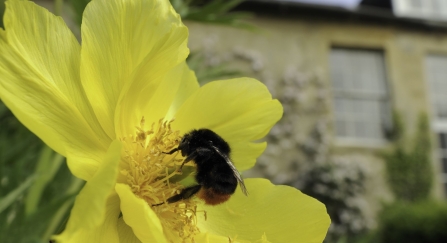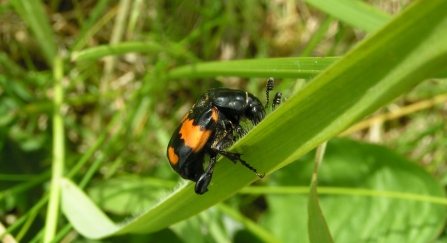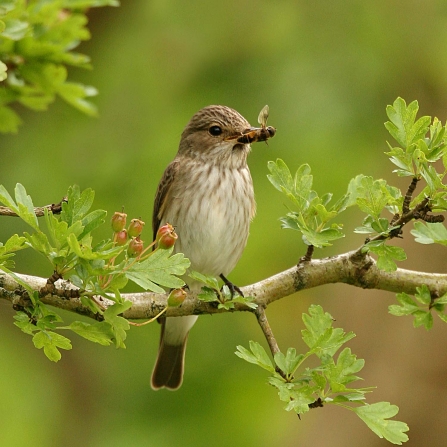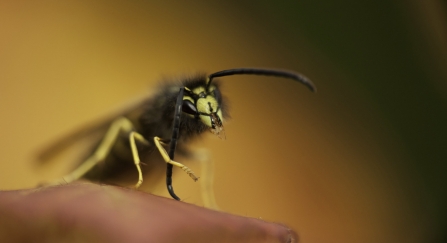
Photo, Nick Upton/2020VISION
The Wildlife Trusts have created an action for insects guide filled full of tips on how you can help insects in your own home and garden. Click here to access the guide and join us in taking Action for Insects.
Bees are the most famous pollinators, bumbling between flowers on sunny days, their gentle buzzing part of the soundtrack of summer. But all kinds of insects play important roles as pollinators, including flies, beetles, butterflies, moths and hoverflies.




